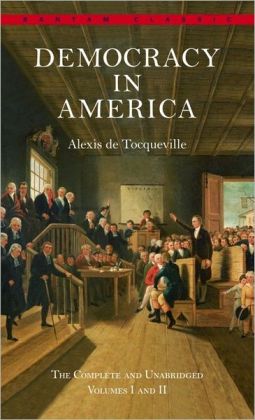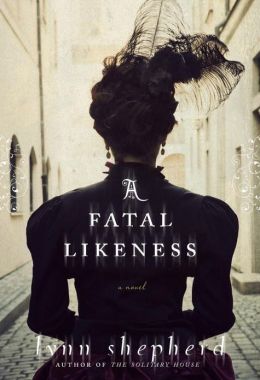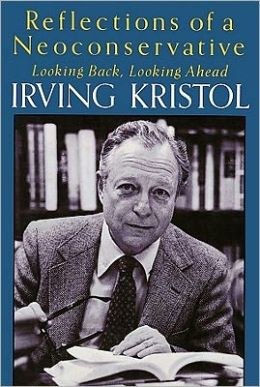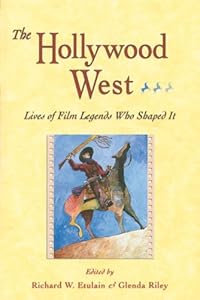The December issue of Games magazine, now on newstands, includes a six-page article called "The Evolution of Scrabble" by Julie Harris. An unemployed architect named Alfred Mosher Butts got the initial idea for a word game in 1931. He hoped to capitalize on the crossword puzzle craze. He called his game Lexico. It didn't catch on.
Butts kept tinkering with it and a few years later came up with a game he called Criss Cross Words. It didn't catch on either. Finally an investor named James Brunot came to Butts's rescue, made a few revisions in the rules and changed the name to Scrabble. a word meaning "to scratch, grope or claw about frantically." He found a manufacturer for the game, but it still didn't find success until 1952 when Jack Strauss, an executive at Macy's, played the game while on vacation, loved it and wondered why his department store wasn't stocking it. He placed a large order, which sold quickly, and Scrabble was finally on its way to becoming the classic board game it is today.
Reading that article reminded me of what Bill Bryson writes about coffee in
At Home. The word
coffee, like the game Scrabble, evolved over time. In the 17th century, the then new and exotic hot beverage was variously called
coava, cahve, cauphe, coffa and
cafe before everyone finally agreed upon
coffee.
At about the same time, according to Bryson, Samuel Pepys recorded in his diary that he had just tried another new hot beverage called
tea. He called it
tee.
Mystery writer Les Roberts has his detective, Milan Jacovich, make a wonderful aside about tea in his new novel
Win, Place, or Die: "Why is it, that, in most places like this, they'll refill your coffee at least ten times without a murmur; a tea drinker might get more hot water as often as he wants, but if he desires a fresh tea bag, he has to pay extra for it? That's one of those mysteries of life I've never been able to crack."
As a tea drinker, I well understand what Jacovich (or Roberts) is saying. Tea, I've found, is often treated like a back-of-the-bus beverage. I found that true a couple of times during our tour of the West last month. At an otherwise wonderful place in Jackson, Wyo., called The Bunnery (their motto is "Get your buns in here," although I might have gone with "Get thee to The Bunnery") I noticed a selection of teas on the menu. Some of them were clearly herbal, however, and because I despise herbal tea I asked our waitress if a particular tea with an unfamiliar name was "real tea." She assured me it was. As soon I opened the tea bag and got a whiff, I knew it was herbal. (I should have just read the package.) I complained to the waitress, who told me all the teas were herbal. I started to argue with her, then just ordered Earl Grey and enjoyed the rest of my meal.
Earlier at a Sante Fe hotel, where we stayed two nights, a full breakfast buffet was included. Well, it wasn't quite full. They offered just about anything you might want for breakfast, including a variety of coffees and juices. While my breakfast plate cooled, I looked around for the tea, but couldn't find any. When I asked for some, I was told that would be $1.95. Everything else under the New Mexico sun was included, but tea was extra.
At most restaurants you can get all the iced tea you want for one price, but as Roberts/Jacovich writes, more hot tea comes with a penalty. Sometimes my wife and I both order tea, and instead of one pot we get two, both of which get cold at the same time.
There are exceptions to this discrimination against tea drinkers, I am happy to report. At Boone Tavern in Berea, Ky., where we spent a night in July, I ordered tea in the morning and was given a big pot of hot water, plus a basket full of a wide variety of teas. Some Bob Evans restaurants do the same thing. Good for them.
 Yet book lovers are certainly not immune to this delusional thinking. If I am honest with myself, I must confess I own books, many books, I will probably never read, but I believe deep down that having them on my shelves somehow makes me smarter. Books like Alexis de Tocqueville's Democracy in America and St. Augustine's City of God certainly fit into this category. I have owned these books for decades without ever getting close to actually reading them. Most likely I never will read them. I feel better having them around anyway.
Yet book lovers are certainly not immune to this delusional thinking. If I am honest with myself, I must confess I own books, many books, I will probably never read, but I believe deep down that having them on my shelves somehow makes me smarter. Books like Alexis de Tocqueville's Democracy in America and St. Augustine's City of God certainly fit into this category. I have owned these books for decades without ever getting close to actually reading them. Most likely I never will read them. I feel better having them around anyway.










